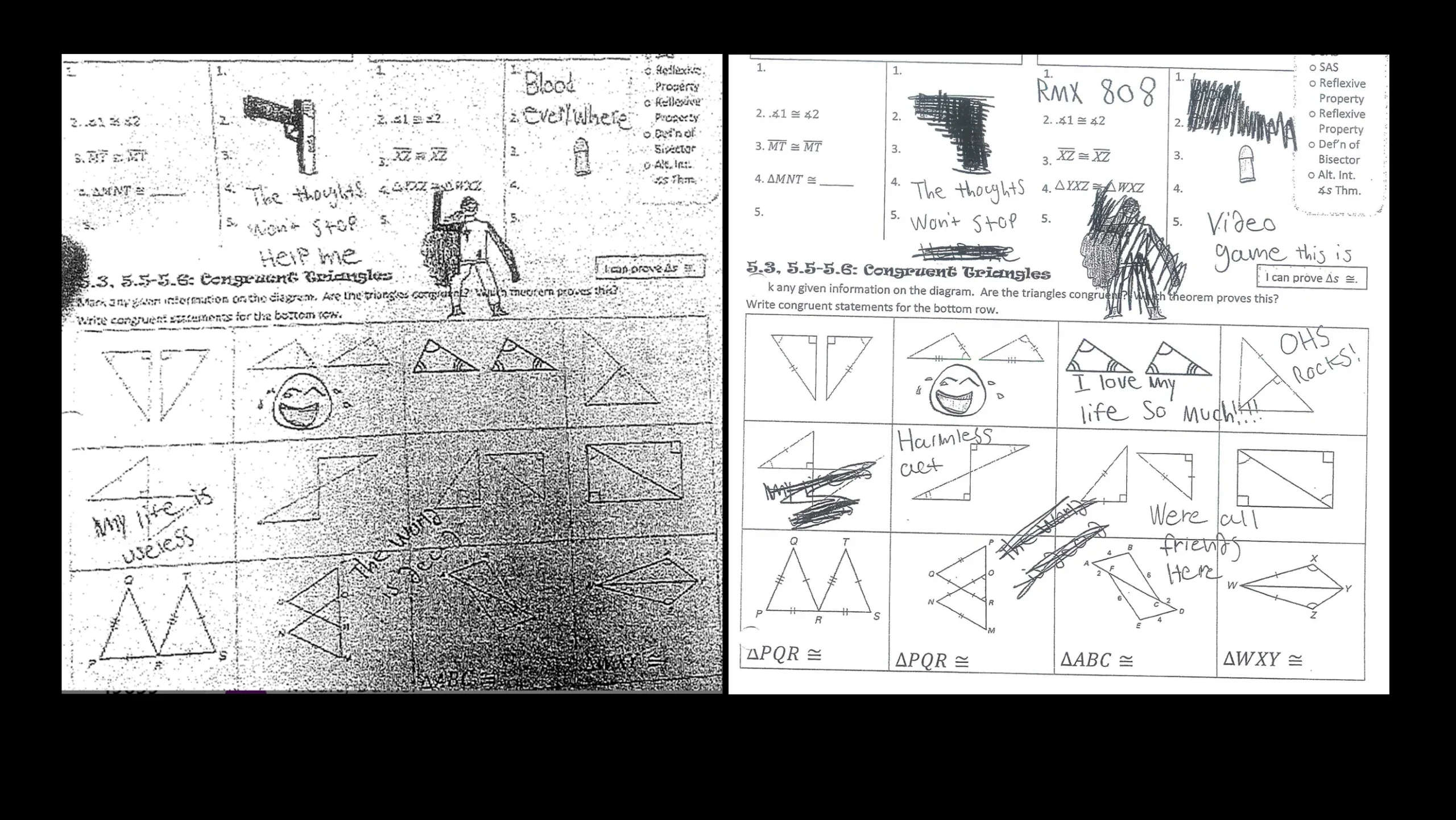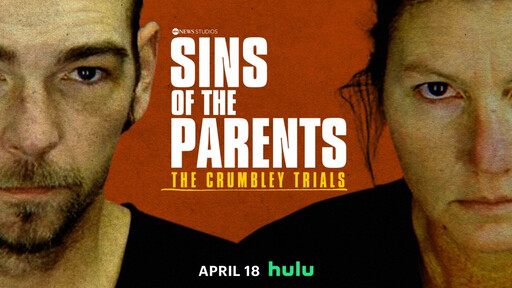This docmenary debuted on the Hulu streaming network in the last week.
In November 2021, 15-year-old James Crumbley entered Oxford High School in Michigan carrying a 9 mm handgun and murdered four of his classmates, injuring another seven people. On the heels of the pandemic lockdowns, it was simply another disturbing headline of America’s disease of school shootings.
The prosecuting attorney made this school shooting unique in that she decided to prosecute the parents for involuntary manslaughter because they failed to secure the handgun their son used to murder the students at Oxford High School. Earlier this month, both parents were found guilty of involuntary manslaughter and sentenced to the maximum allowed, fifteen years imprisonment. Their son, the shooter, was already sentenced to life imprisonment plus 24 years.
Like many, I tracked the parents’ story through the headlines over the last half year. There seemed to be something paradoxically compelling and offensive about the legal story of the Crumbleys. On the one hand, someone should be held accountable. Why did the parents fail to see what their son was becoming? On the other hand, can a parent really see their child as a murderous monster? Is that a realistic expectation for us to place on parents?
Careful not to make a judgment based only on the headlines, I watched the documentary this week and found the story even more bothersome than I realized.
The Crumbley parents were far from defensible. Much of the prosecution’s case focused on their failed character. The father struggled to hold down a job. The mother was involved in extra-marital affairs. Their home was one of chaos. Testimony and evidence within the trial included images and video within the home where the son lived in filth.
One of the defense attorneys quoted Taylor Swift in her opening arguments in the trials. The parents seemed terribly outmatched by a team of prosecutors aimed at assigning blame for the shooting on the parents.
My biggest surprise came with the facts. James Crumbley purchased the handgun only four days before the shooting with his own money. His father made the purchase. Later, the whole family went to the shooting range to try out the new handgun. People who have not grown up in a culture familiar with guns might think this is bizarre behavior, but from where I sat, the video footage at the shooting range looked like a family outing.
A teacher at the school found Crumbley looking online at images of ammo. The teacher notified the parents, and the mom texted her son, saying, “LOL, I’m not mad at you. You have to learn not to get caught.”
Then, on the day of the shooting, the parents were notified of images their son had drawn literally on a school assignment. This is how the prosecution described the images at a press conference:
A drawing of a semiautomatic handgun, pointing at the words, “The thoughts won’t stop. Help me.” In another section of the note was a drawing of a bullet, with the following words above that bullet: “Blood everywhere.” Between the drawing of the gun and the bullet is a drawing of a person who appears to have been shot twice and bleeding. Below that figure is a drawing of a laughing emoji. Further down the drawing are the words, “My life is useless.” And to the right of it are the words, “The world is dead.’”

This time, the parents were called to the school for a meeting. The school did not call the police. James was not sent home. The parents did not disclose that they had helped him purchase a gun four days earlier. It seemed that all parties involved missed an opportunity to avert a clear threat at this point.
The documentary shows the text correspondence between the parents when they are made aware of the images and doodles by James, and their response is obvious shock. The question boiled down to what I would have done as a parent at that moment. Hopefully, I would have sought help for my child. Perhaps some counseling? Who knows what else? But frankly, the shock of these revelations would have required some time to process.
The Crumbleys did not get time to process; even worse, neither did the victims. Hours later, Crumbley began his shooting at the school and took the lives of four innocent teens.
The documentary closes with the footnotes that lawsuits against the school were dismissed because the school and staff both have political immunity.
The documentary, clearly rushed in its production, left a bad taste when I finished it. These historic and unprecedented charges against the parents will fuel the prosecuting attorney’s career and give the media a scapegoat to blame. Still, they do nothing to stop or even limit school shootings.
After more than two decades of continuous school shootings, barely any new legislation has passed that would effectively slow down these tragedies. We could have wait times for the purchase of firearms. We could have red flag laws to prevent the purchase of weapons for those with significant mental health history. Currently, under the law, it is easier for parents like the Crumbleys to give a gun to their disturbed child than to give the child a bottle of beer.
In our divided society, it is easier to point fingers and cast blame than to pass laws and initiate genuine social change. That is why the shootings will continue and why the sins of the parents, as the documentary’s title suggests, will continue to be passed down from one generation to the next.

